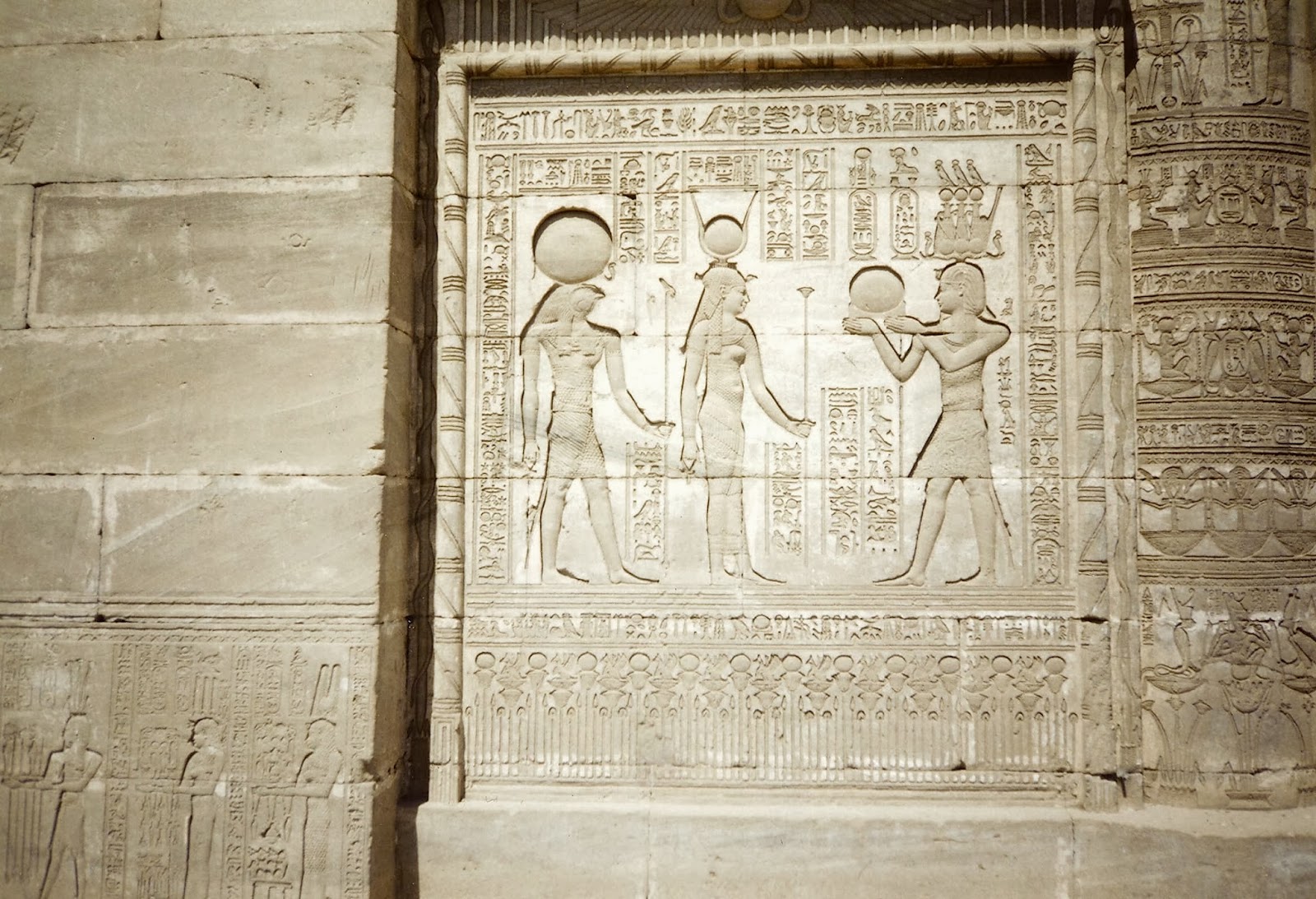 |
| An early form of tablet, which wasn’t very portable. |
– Engage the reader and draw them into the story.
– Eliminate waste and distraction.
– Remove the author from the equation.
– Give the reader a satisfying ending that will still leave them wanting more.
In my novel, Scars & Stripes, Alex is walking down a street in the St Mark’s district of Manhattan when he sees a sign on a window: What’s Your Story? Led by curiosity, Alex winds up in an apartment where a bespectacled dude is hunched over a typewriter (it was the 1980s), working on a collection of other people’s stories. For the sci-fi aficionados among you, this could almost be Alex’s future or parallel self. It could, if it was that sort of novel.
Arguably, that scene is a metaphor for one of the novel’s central premises – Alex is one of life’s observers, but he also remembers small things that other people forget. The novel, and therefore Alex’s story, is actually filled with the stories of other people he encounters. In the scene I mention above, Alex sells some of his real life stories (albeit fictionalised by bias and ego) to the writer who then creates something new out of them for a magazine. Ironically, Alex encounters one of those magazines, further down the line, and barely recognises his own history in there.
We’re all enthralled and enchanted by stories from an early age. The structure of fairy tales and traditional bedtime stories has been pawed over by mythologists and experts to reveal common threads and forms. I’ve also mentioned, elsewhere on this blog, how researchers like Joseph Campbell identified commonalities found in the mythologies of different and unconnected cultures.
Like many other writers, I do read online reviews of other people’s work and I’m struck how often the critics denounce the typos and grammar, or the two-dimsnional characterisation, and how rarely they turn their attention to the actual story itself. It seems to me that if the story engages the reader and captivates them, even if the writing was deemed below par, the author as on to something.
I’d argue that stories are a rich and vital part of our psyche, individually and collectively. Stories makes us feel, consider, react and yearn. Whether it’s in a theatre, at a cinema, watching the soaps or Jeremy Kyle, or even reading a book (remember those?), stories bring us to life.
If you’d like to read some of my own short stories, here are some handy links:
The Silent Hills – a 5000 word tale of suspense and revelation.
Coffee Shop Chronicles – an anthology containing my story, Diner.
Beyond the Horizon – an anthology containing my sci-fi story, Rogue.
Kissing Frankenstein – an anthology containing several of my really short stories.
Saturday Night – a little slice of Americana for free (partly inspired by Raymond Carver).
*It wasn’t an old joke – I made it up. Feel free to quote me on it.

Hi Derek,
My name is Alex.
I am helping out marketing agency to find bloggers suitable for their campaigns, and your blog looks like a perfect fit for what they’re looking for.
Do you think you could be interested in receiving offers about advertisement on your website?
Hi, Alex. I've sent you a message in your google plus page.
I just read Saturday Night, and I'd like to order the Blue Plate Special.
In my opinion, although novels are just about the finest art form produced by all of humanity, the short story is even finer. Short stories made me want to be a writer. It's creative, yet it's disciplined; every word has to matter.
All of which brings me to: where can I get a copy of the complete Scars & Stripes?
The blue plate special lives up to its name. I still think short stories are exalted more on your side of the pond. As to Scars & Stripes, still awaiting an agent or publisher, you are welcome to a Word version of the latest draft, or a pdf. And let's not forget I named minor characters after you and Simon in your honour.